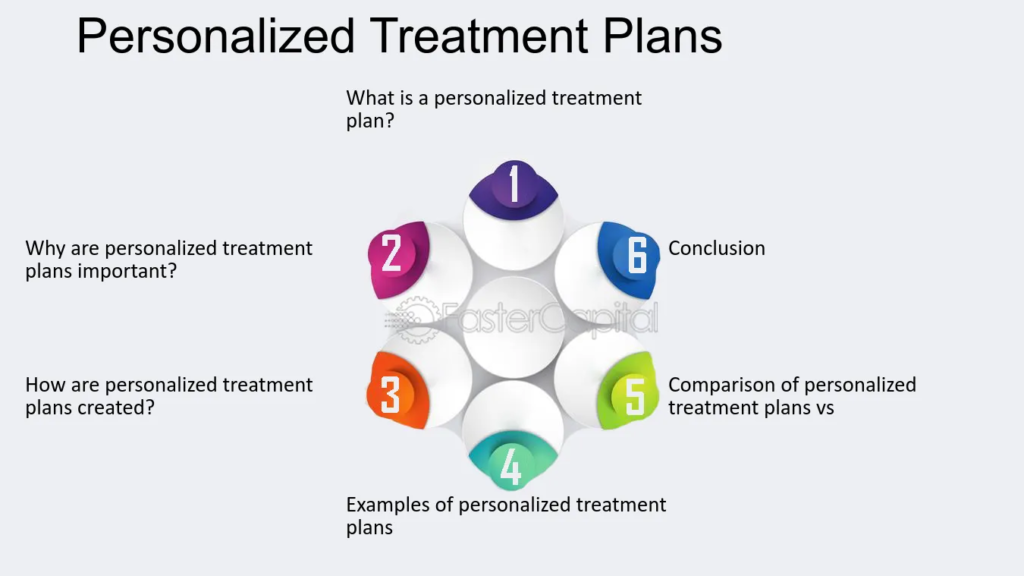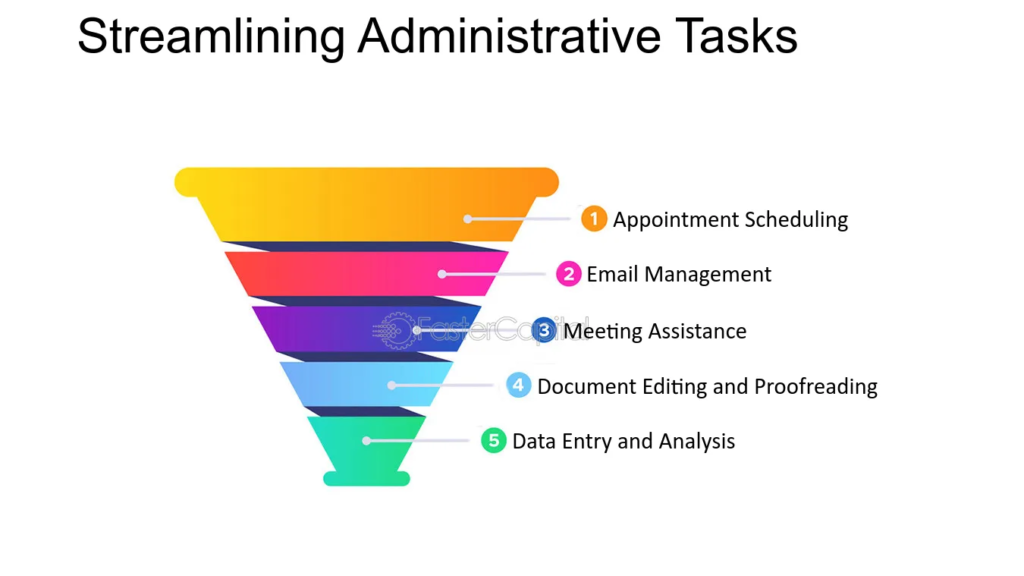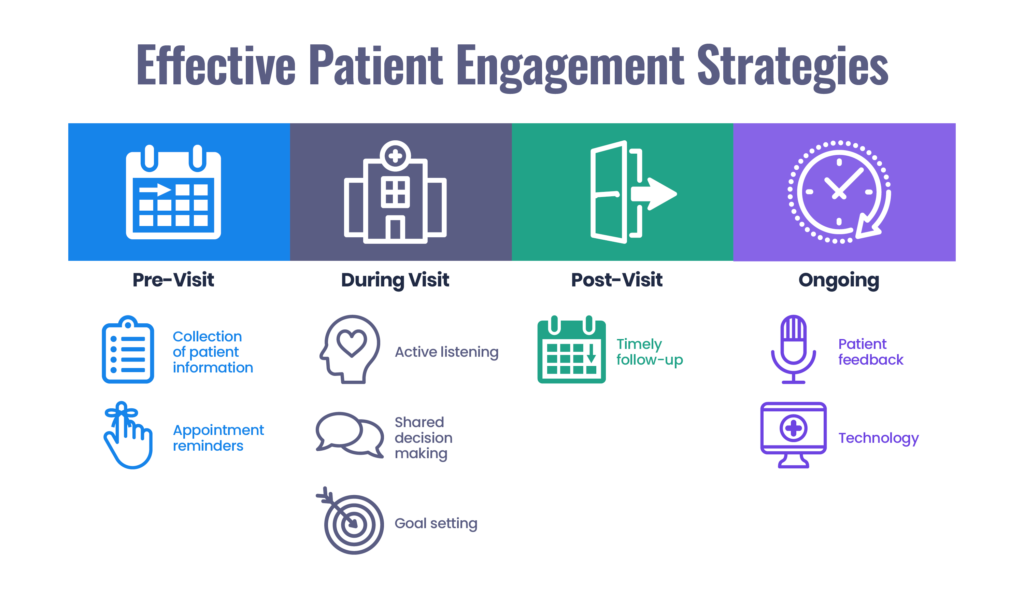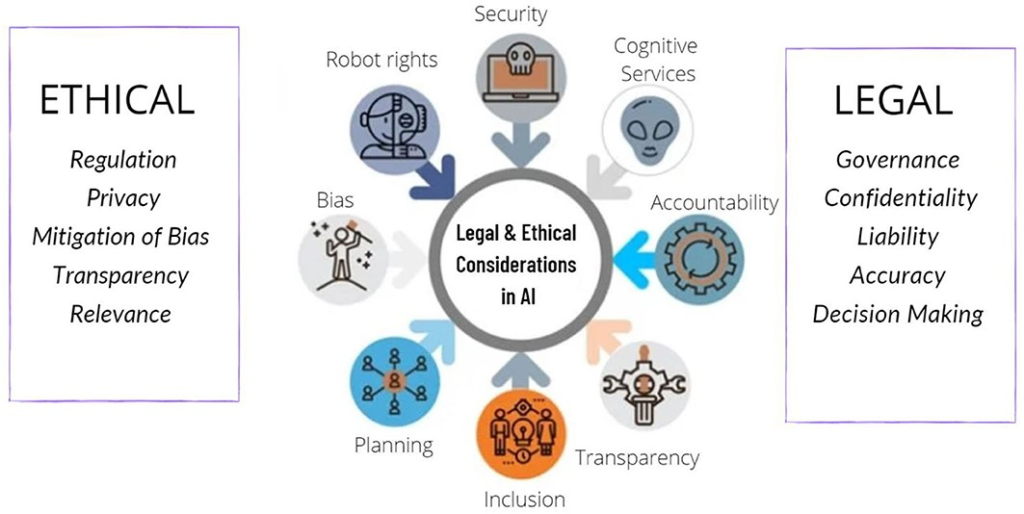How Artificial Intelligence is Changing Healthcare
Artificial Intelligence (AI) is revolutionizing the healthcare industry, bringing transformative changes that enhance patient care, streamline operations, and improve outcomes. This blog explores how AI is reshaping various aspects of healthcare.


Introduction to AI in Healthcare
AI encompasses a range of technologies designed to mimic human intelligence. In healthcare, these technologies analyze data and identify patterns, improving decision-making and patient outcomes. click here

Enhancing Diagnostic Accuracy
AI algorithms can remarkably precisely analyze medical images such as X-rays and MRIs. Technologies like IBM Watson and Google’s DeepMind assist healthcare professionals in detecting diseases earlier and more accurately.

Personalizing Treatment Plans
AI enables personalized medicine by analyzing genetic and clinical data. This tailored approach ensures that treatments are more effective for individual patients, minimizing adverse effects and optimizing outcomes.

Streamlining Administrative Tasks
AI automates routine administrative processes like scheduling and billing. Chatbots and intelligent systems handle patient inquiries, allowing healthcare staff to focus more on direct patient care.

Accelerating Drug Discovery
AI significantly speeds up the drug discovery process by analyzing vast datasets to identify promising drug candidates. This innovation reduces the time and cost associated with bringing new medications to market.

Predictive Analytics for Patient Outcomes
AI-driven predictive analytics help identify at-risk patients by analyzing historical data. This proactive approach enables healthcare providers to implement preventive measures before serious health issues arise

Enhancing Patient Engagement
AI tools like virtual health assistants improve patient engagement by providing personalized health information and reminders, encouraging patients to take an active role in managing their health.

Improving Operational Efficiency
AI optimizes healthcare operations by analyzing workflow data to identify inefficiencies. This leads to better resource allocation and improved service delivery in healthcare facilities.

Addressing Ethical Considerations
As AI becomes more prevalent in healthcare, addressing ethical concerns such as data privacy and algorithmic bias is crucial. Ensuring responsible use of AI technologies is essential for building trust among patients and providers.

Conclusion: The Future of AI in Healthcare
The integration of AI in healthcare promises a future of improved diagnostics, personalized treatments, and enhanced patient care. As technology continues to evolve, the potential for AI to transform healthcare is immense. click here


